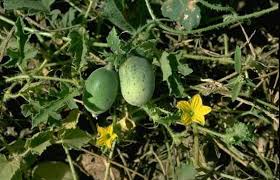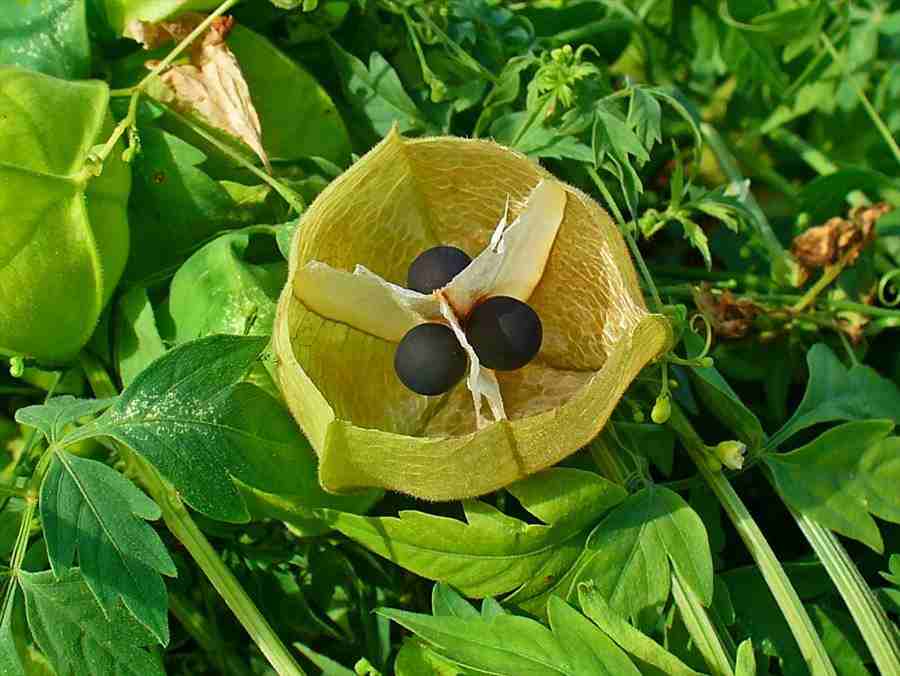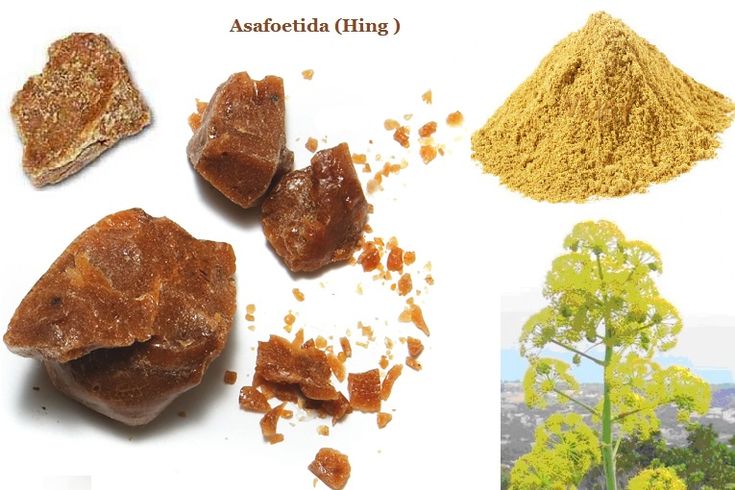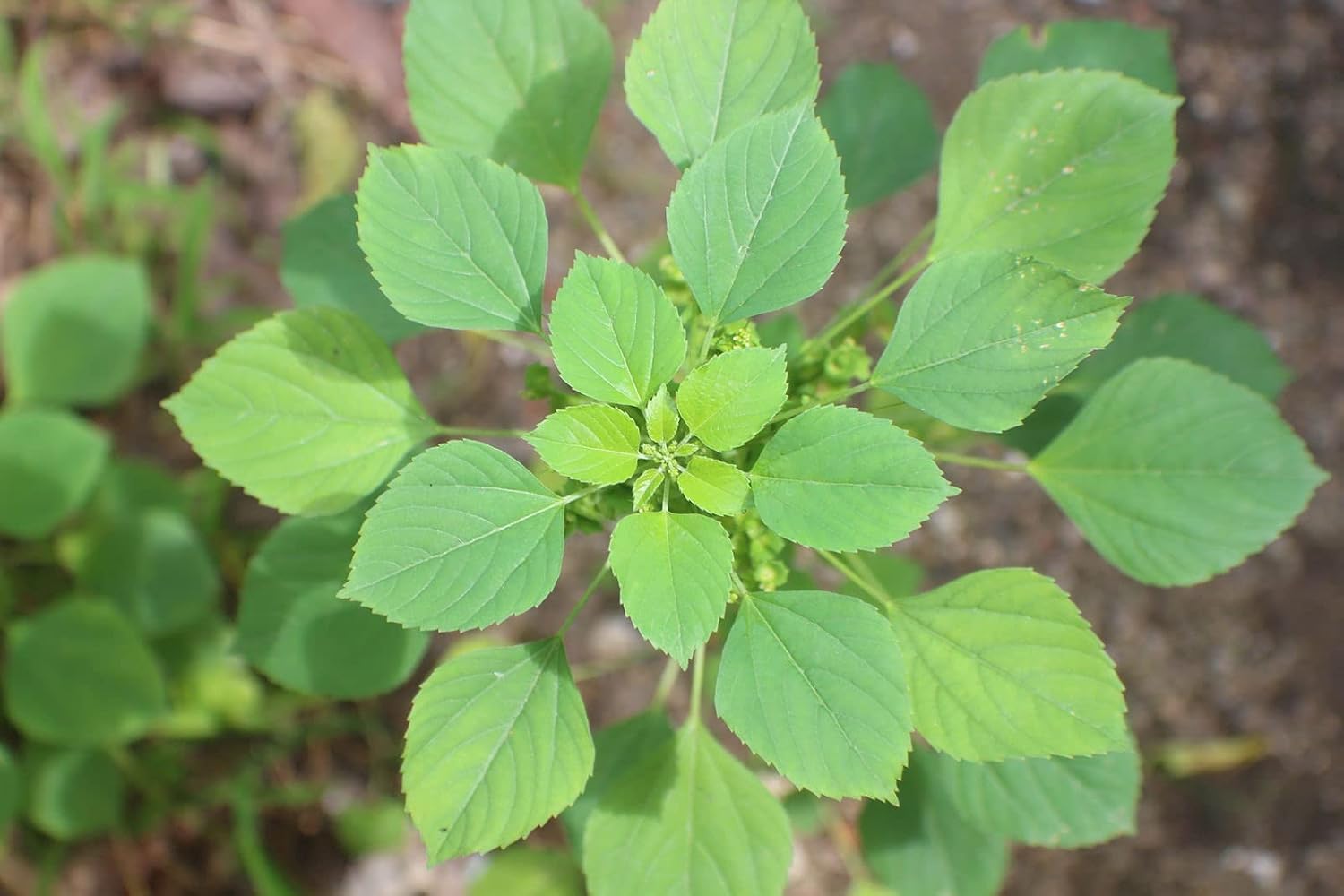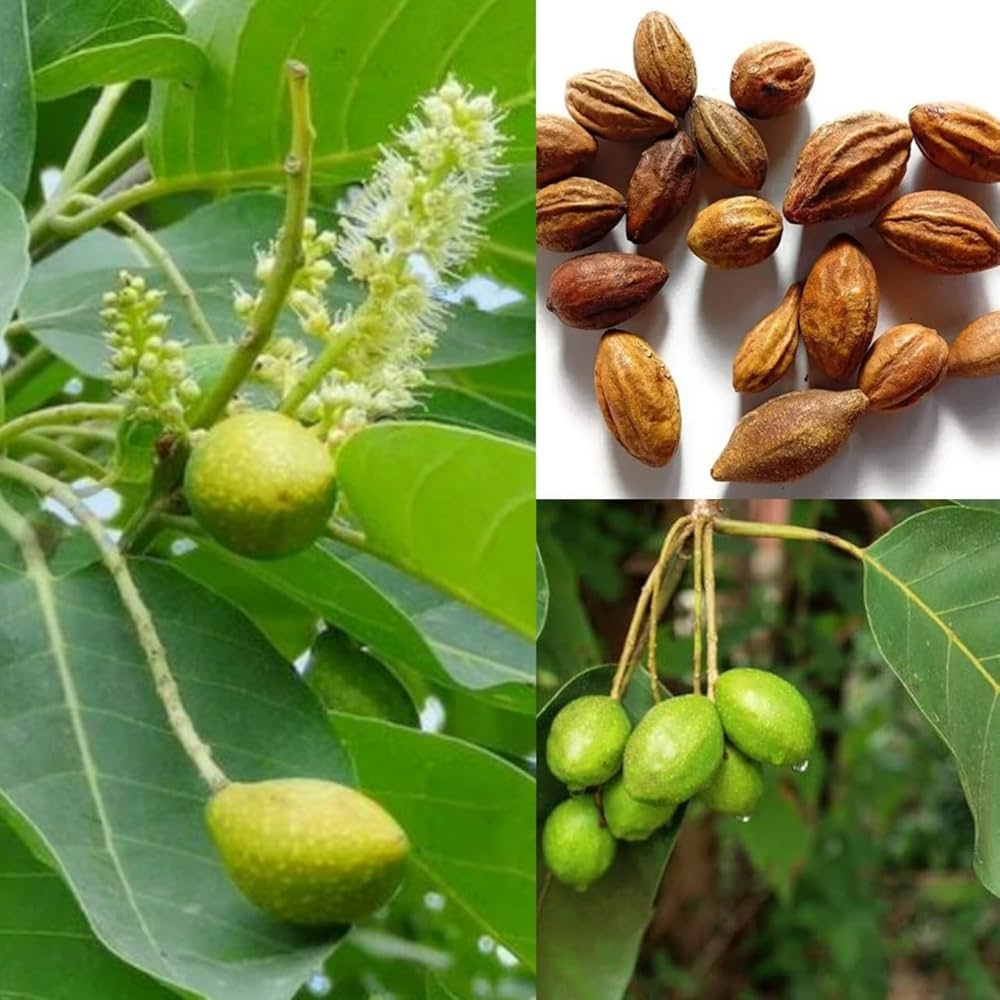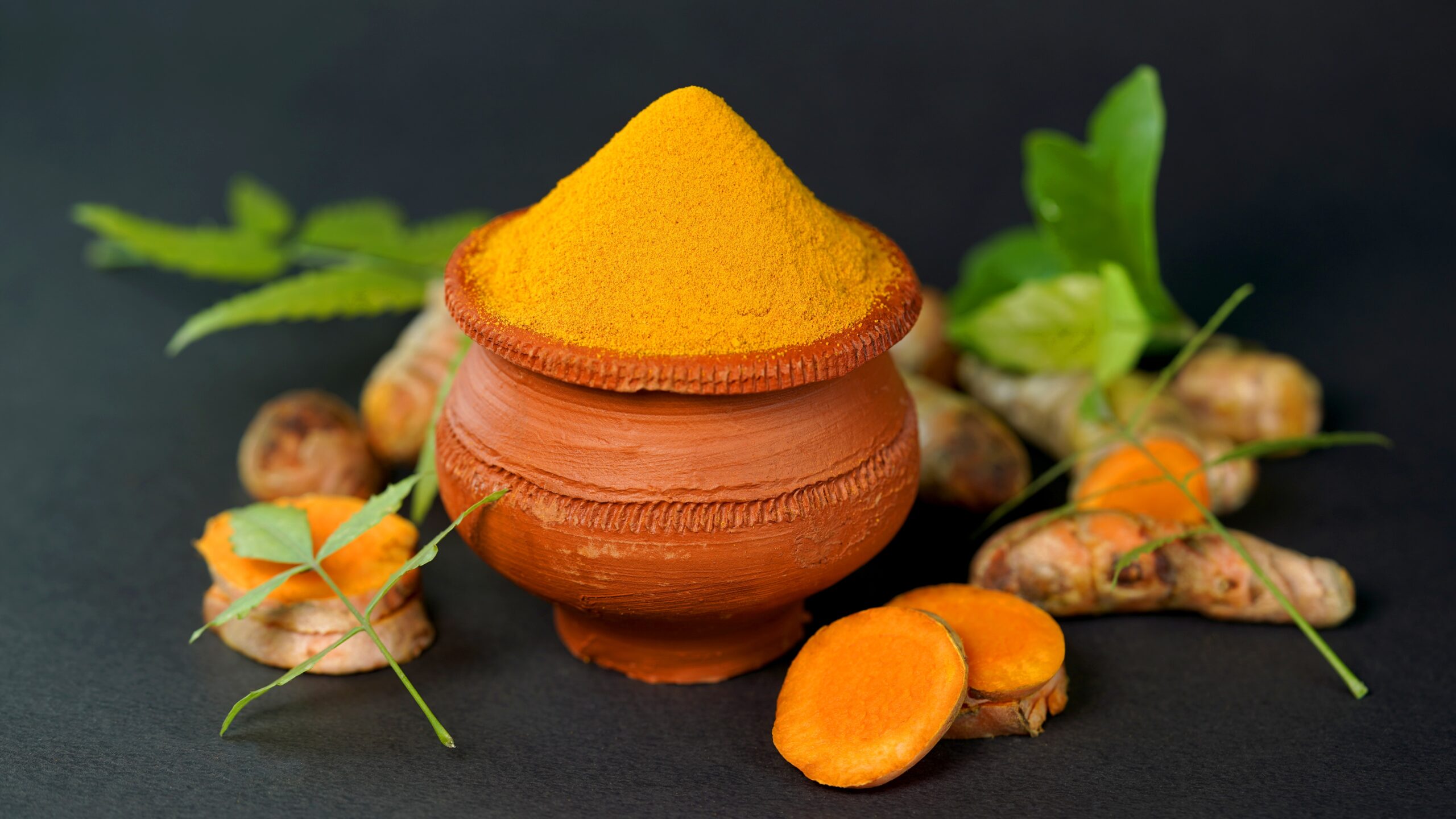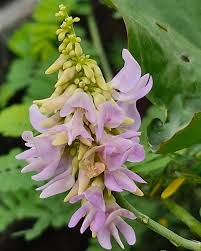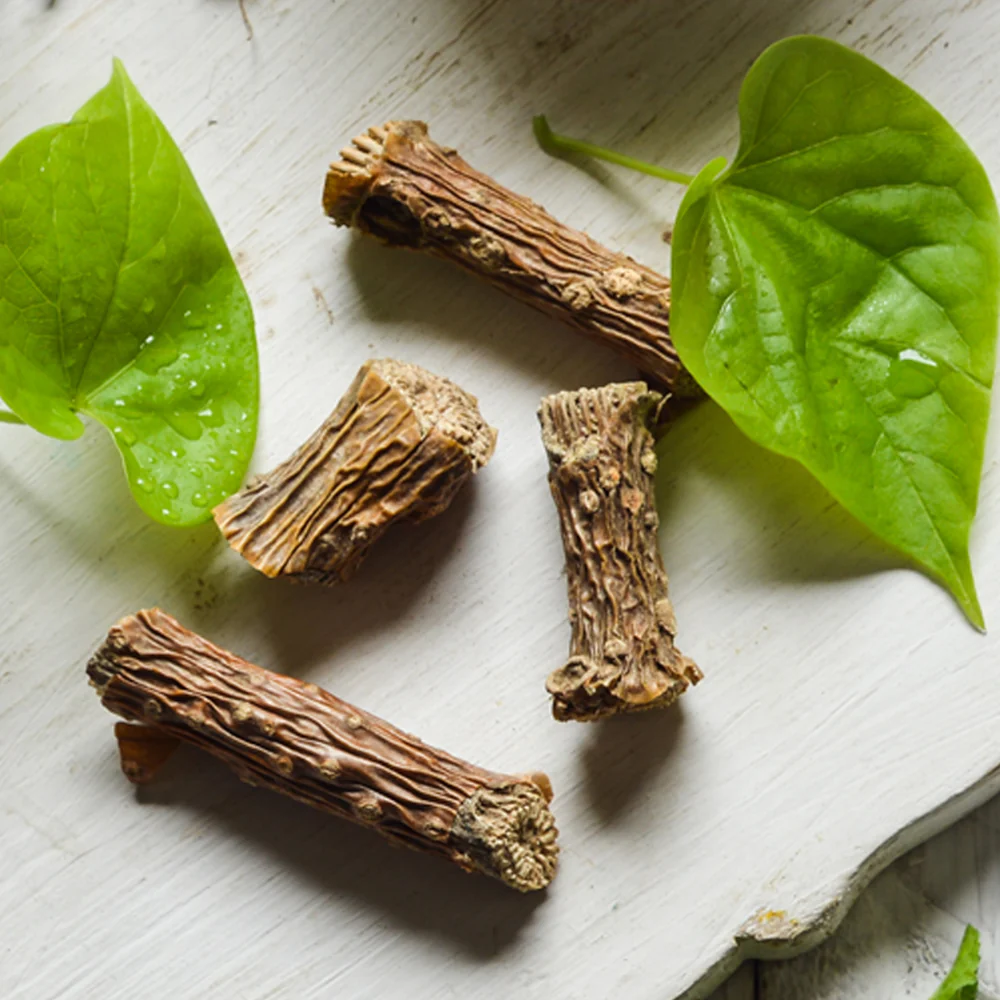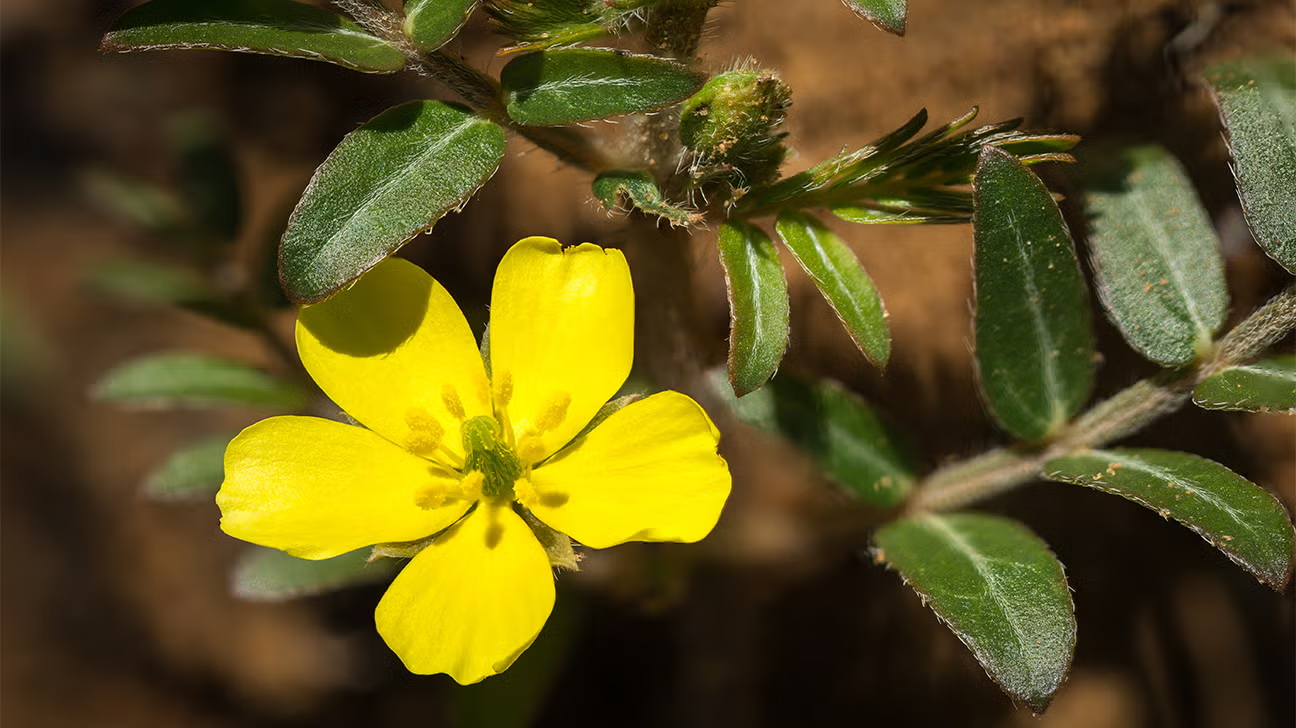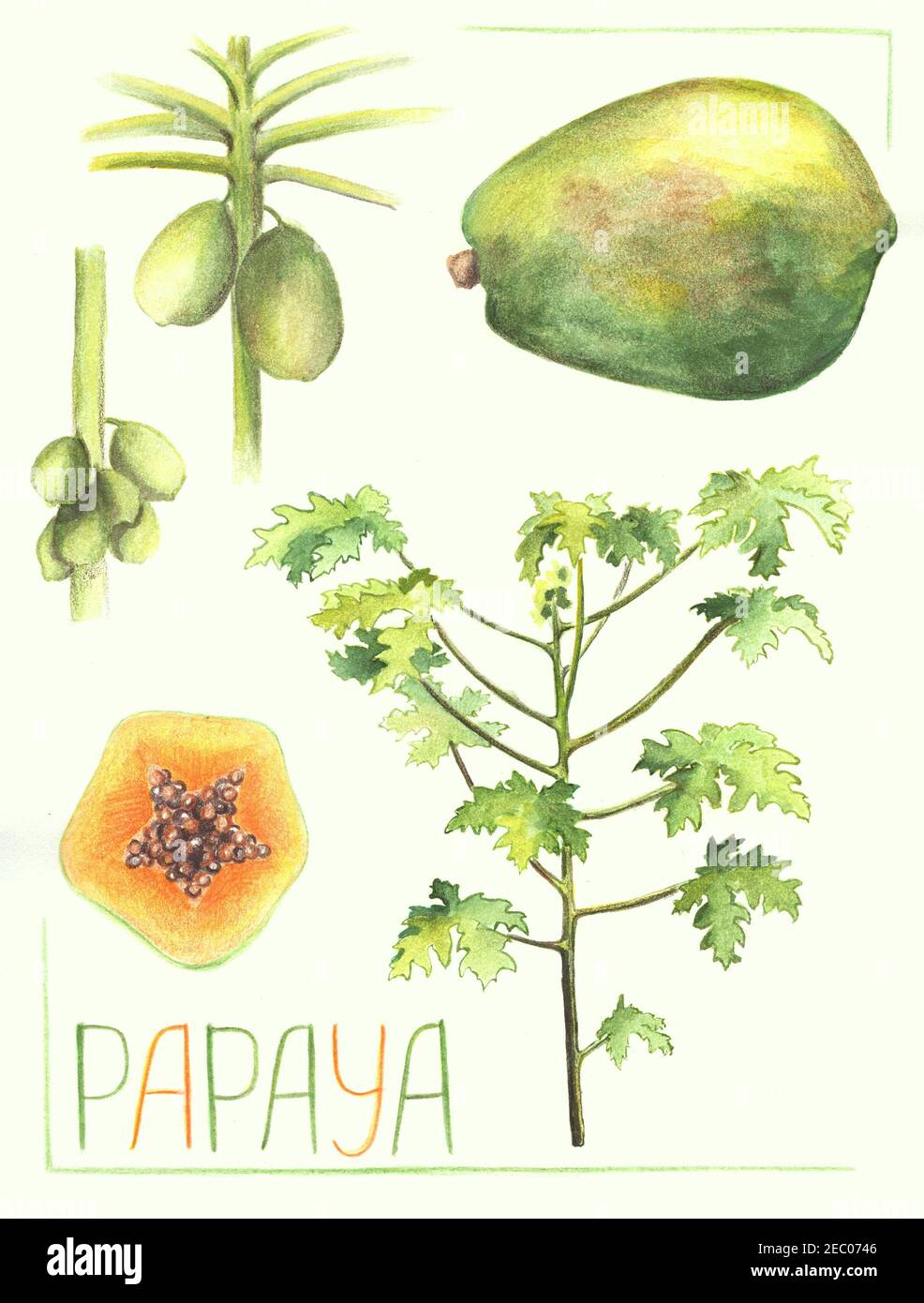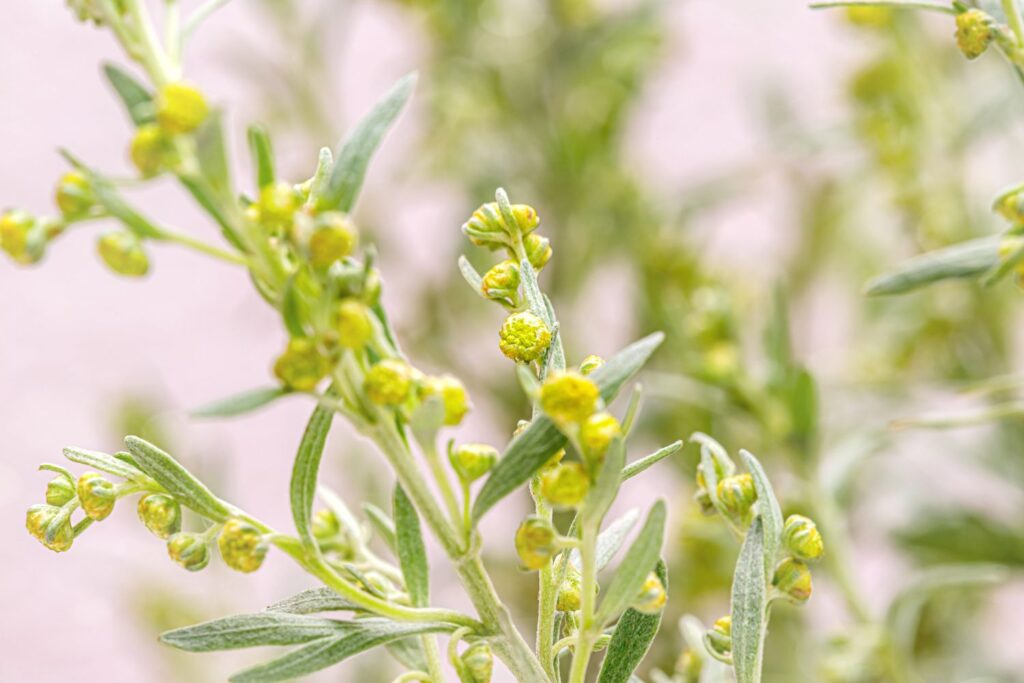
Wormwood is a strong, bitter herb with a long history in traditional medicine for its digestive-stimulating, antiparasitic, and liver-supportive properties. Known for its role in absinthe, it’s best used in small, carefully measured doses due to its potency.
✅ Key Uses & Benefits of Wormwood:
🦠 Antiparasitic Action
- Traditionally used to expel intestinal worms and parasites.
- Often combined with black walnut and clove in parasite-cleansing protocols.
🍽️ Digestive Aid & Appetite Stimulant
- Bitter compounds (like absinthin) stimulate the production of bile and digestive juices.
- Helps relieve bloating, indigestion, gas, and loss of appetite.
- Often included in digestive bitters formulas.
🧽 Liver & Gallbladder Support
- Encourages liver detoxification and supports bile flow.
- Useful for sluggish digestion due to poor liver function.
🌿 Antimicrobial & Anti-inflammatory
- Contains compounds that help fight bacteria, fungi, and inflammation, both internally and externally.
🌿 How to Use Wormwood:
- 🍵 Tea or Infusion (small doses) – Best used short-term for digestion or parasite support.
- 💊 Tincture or Capsules – More concentrated; use with care.
- 🧴 Topical Use – In salves or compresses for sore muscles or inflamed skin.
⚠️ Precautions:
- Highly potent—do not exceed recommended doses.
- Contains thujone, which can be neurotoxic in high amounts.
- Avoid if pregnant, breastfeeding, or have seizures or kidney issues.
- Long-term use or high doses can cause nausea, dizziness, or even convulsions.
Wormwood is a powerful bitter herb that cleanses, stimulates, and defends—ideal for short-term use in digestive and parasite support.

